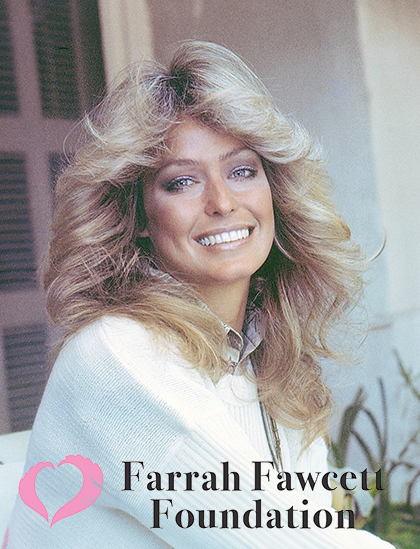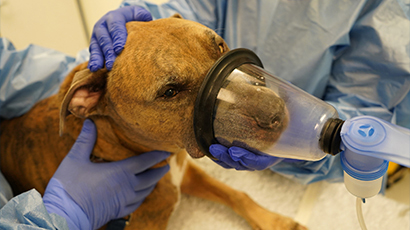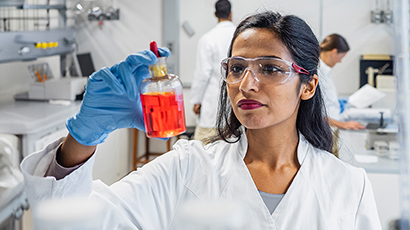The Farrah Fawcett Foundation has invested $75,000 in the cancer center’s Office of Community Outreach and Engagement (COE) to support its program to promote awareness of the cancer risk posed by the human papillomavirus (HPV).
Hollywood icon Farrah Fawcett created her foundation shortly after being diagnosed with an HPV-related cancer in 2006. She had hoped to run the foundation herself, but anal cancer took her life in 2009.
The Centers for Disease Control and Prevention estimates that HPV is responsible for more than 90% of anal and 99.7% of cervical cancers, 70% of vaginal and vulvar cancers, and 60% of penile cancers. Throat cancer is now the leading HPV-related cancer diagnosis among men, affecting them more commonly than women in the U.S.
“Increased education and awareness about HPV prevention and early detection are essential, especially for medically underserved groups,” said Laura Fejerman, associate director of the COE.
Alana Stewart, president of the Farrah Fawcett Foundation, said, “We are thrilled to collaborate with the cancer center in helping spread the message of prevention and educating not only parents about the option for a vaccine for children, but also increasing HPV awareness in adults over 35 years (of age) about early cancer prevention and detection.”
Fejerman added that the cancer center is grateful to the Farrah Fawcett Foundation for this generous donation. Research shows that awareness regarding HPV-associated cancers can increase the uptake of the HPV vaccine and educate the community about the importance of staying current on screenings.
Julie Dang, executive director of the COE, said that the funding from the Farrah Fawcett Foundation will also help launch a new community-driven HPV education program. The educational material will be in both English and Spanish and improve awareness about HPV-related cancers and the vaccine that can help prevent the disease.
“Led by local lay health educators, both remotely and in person, we also plan to use targeted outreach to address cervical cancer disparities, especially in rural communities,” Dang said.
The HPV vaccine has been shown to reduce cases of cervical cancer by nearly 90%. The American Cancer Society recommends vaccination of young people between the ages of 9 and 12, before they become sexually active. The vaccine is advised for those up to the age of 26. Some adults ages 27 through 45 might decide to get the HPV vaccine, based on discussions with their clinicians.





